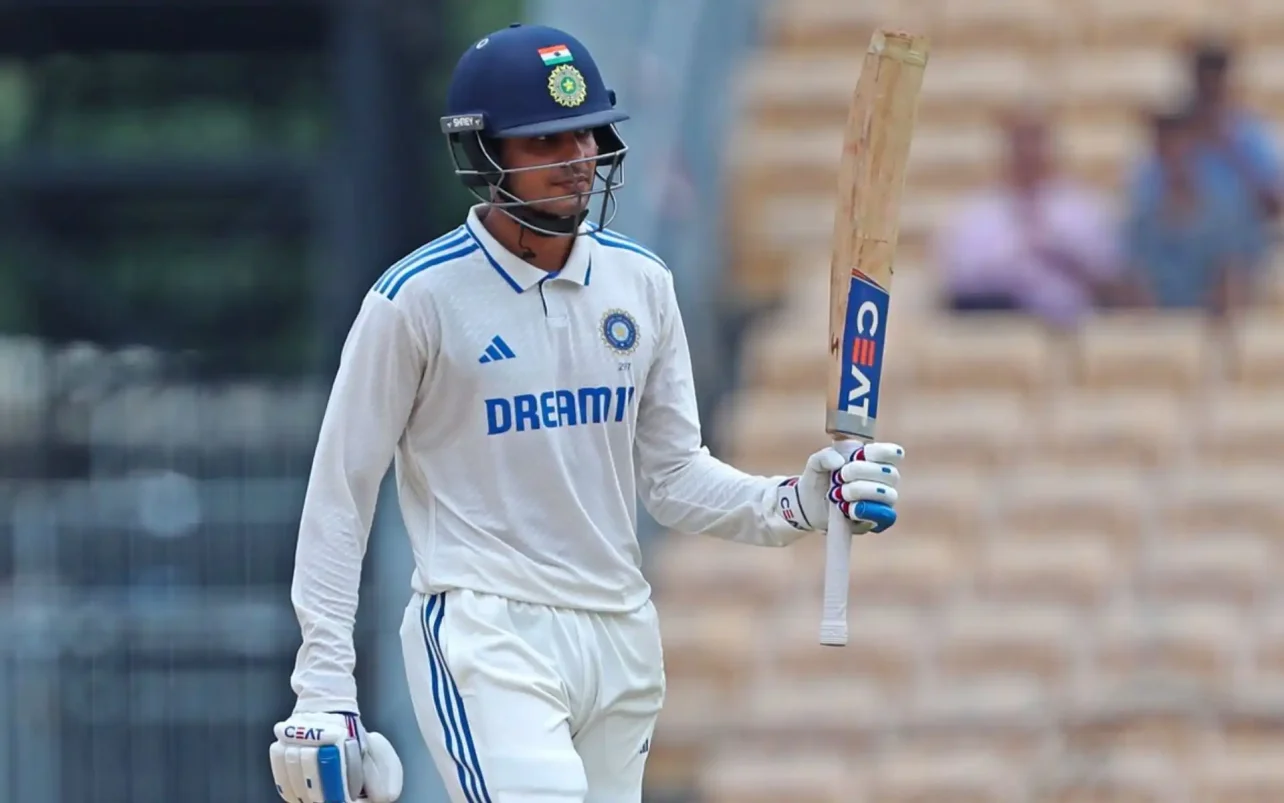The squad would prioritize collecting 20 wickets, even if it means compromising batting depth and fielding four tailenders, Shubman Gill made clear on the eve of his first complete series as India’s Test captain.
“Yes, definitely,” Gill affirmed at the pre-match press conference at Headingley. “You can’t win a Test match without taking 20 wickets, no matter how many runs you have scored. So that has been one of our key discussion points — how we’re going to take 20 wickets.”
Gill revealed India may break from traditional balance and adopt a more aggressive approach with the ball.
“There might be a case, you know, where we could only be going with some pure batters, and you could see a bowling allrounder and three to four premier fast bowlers or proper bowlers.”
India played it safe in Australia earlier this year, fielding just three front line bowlers and using part timers like Nitish Kumar Reddy and Washington Sundar to complete the attack. Shardul Thakur’s absence exposed India’s batting vulnerabilities, they were hedging between depth and bowling firepower.
Now under Gill’s leadership that hedging is over. The message is simple: attack to win.
This is back to the old philosophy of Kohli-Shastri and Rohit-Dravid era where taking 20 wickets was non-negotiable even if it meant extra responsibility for the top order.
Gill will first be tested at the toss. With the playing XI still not decided, the decision will likely be taken on the morning of the match. Only Arshdeep and Kuldeep bowled in the nets yesterday while the main fast bowlers were rested and the batsmen got their final hit.
The second and more important test of Gill’s philosophy will come if India lose a match. Then the question will be whether the leadership holds firm or retreats to safer combinations. For example, if India picks Shardul as the fourth pacer and he fails — either by being targeted by England’s aggressive batsmen or by not contributing much with the bat — how India reacts will be interesting.
Still Gill is keen to make this bold strategy work even if it puts more pressure on the batting unit. In return it may also mean they have to chase less runs or bat for shorter periods, with a more potent attack getting quicker breakthroughs.
Gill is also conscious of the high standards set for him personally. His Test record abroad has not yet lived up to the promise of his incredible debut series in Australia in 2020–21, even though he received the full support of the selectors and learned from experienced players like Virat Kohli and Rohit Sharma throughout the IPL.
“Honestly, when I want to go out there and bat, I just want to play as a batsman, not really want to think that I’m the captain of the team,” Gill explained. “Because I think that sometimes puts too much pressure on you.”
“Whenever I’m going out there, I want to play as a batsman and want to dominate the opposition and be the best batsman in the series, and that’s what I’m trying to look at.”
When asked to compare winning the IPL, a title he has already tasted, versus winning a five-Test series in England, Gill didn’t hesitate.
“Definitely the Test series, in my opinion,” he said. “You don’t get many opportunities as a captain to be able to come to England — maybe two; if you are the best of your generation, maybe three. And IPL comes every year, and you get to have a crack at it every year. So in my opinion, winning a Test series in England, Australia, New Zealand, South Africa is bigger.”

